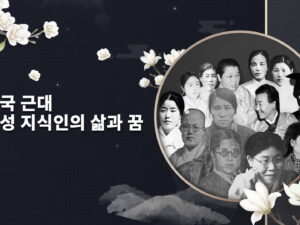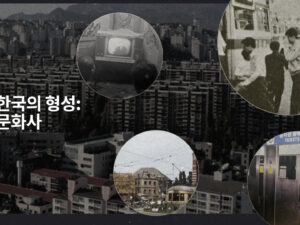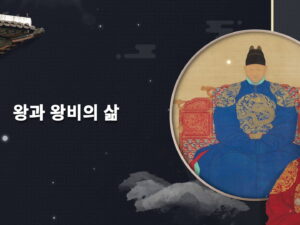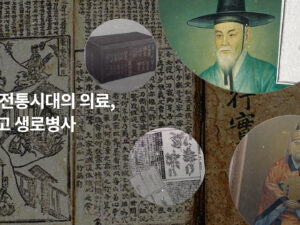Traitors of Korean Religion: Writing a History of Religion
- Description
- Curriculum
- Notice
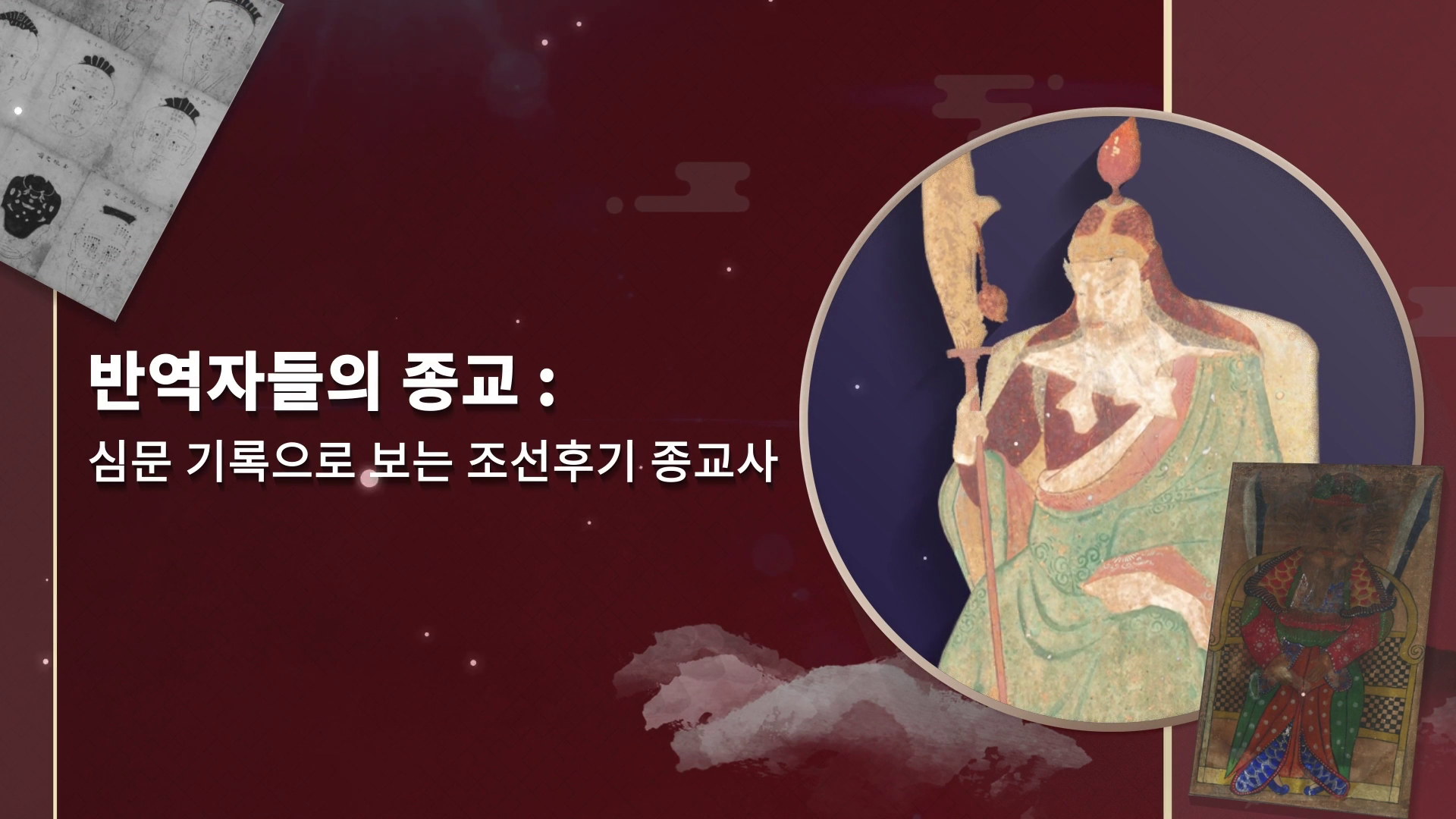
Course Introduction
This lecture examines the interrogation records of the leaders of the treason cases in the late Joseon Dynasty from the perspective of a religious history and a comparative history. Through the lecture, students can understand the ways in which the traitors’ perception of reality and their aspirations were expressed through religious language in Korea and what this phenomenon mean. The lecture also explores the characteristics of resistance politics and religious culture at that time.
Course Structure
This course consists of 10 weeks of lecture conducted by the instructor. The lecture each week consists of four videos, around 20 minutes each. Quizzes and discussions will be provided after the lecture. Quizzes are to enrich the content of the lecture and enhance students’ understanding of it; discussions will allow students to explore and share their perspectives on the themes of the course, e.g., religious culture and resistance politics in the late Joseon period.
The course is organized based on comparative and cultural historical perspectives, emphasizing the need to frame our understanding based on the context of the past rather than the present. The essay questions provided each week are designed with the expectation that students would continue their studies after watching the video lectures. These questions include reading materials and require students to briefly summarize the content of them.
Subtitles
Korean, English, Chinese
Seung-hun Han
Seung-hun Han is a professor at the Graduate School of Korean Studies at the Academy of Korean Studies. His research interests include cases and comparative studies of East Asian religious history, with a focus on late Joseon Korea. He is the author of several books, including Pray for a Revolution and Shamans vs. Confucian Students.







